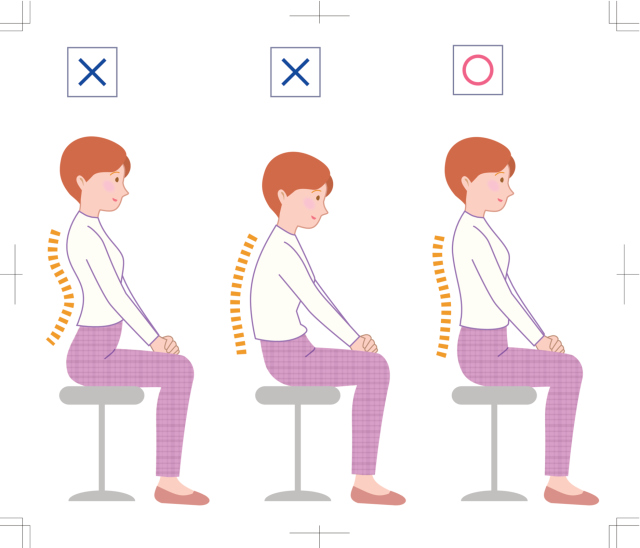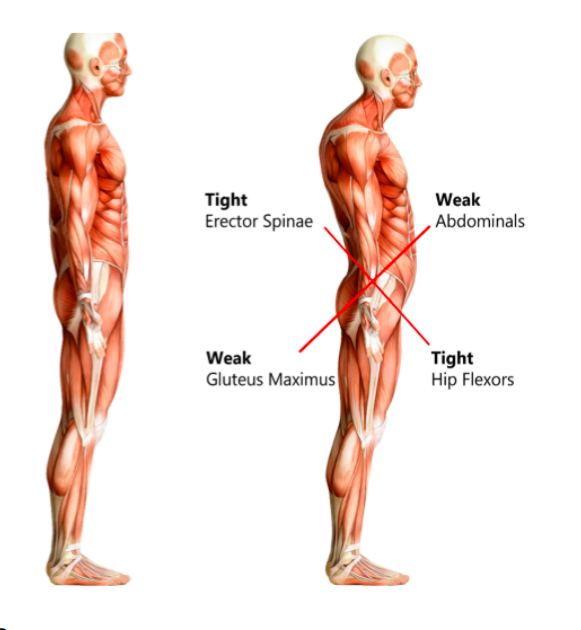BLOG
Three Things Your Physio Wants You To Know
Every profession has a unique perspective of life that can only be achieved from years of experience in that area. Here are three things that experience has taught your physio:
-
 Problems that seem to arise for “no reason” are usually a result of disuse or lack of movement.
Problems that seem to arise for “no reason” are usually a result of disuse or lack of movement.
It’s common to want to know why pain has occurred; however it’s not always easy to identify a cause. What you come to learn as a physiotherapist is that pain and injury are just as likely to arise from disuse and inactivity as they are to develop from a direct trauma.
Our bodies are made to move and modern day life simply doesn’t allow for enough movement. We certainly shouldn’t be sitting as much as we are as this allows our joints to stiffen, muscles to shorten and weaken, and nerves to become extra sensitive.
There is also evidence that movement is essential for joint health, due to the movement of joint fluid that provides nutrients to the joint structures. The reason physiotherapists are always advocating for more movement is because we see the long-term effects of disuse on a daily basis.
-
 Bad habits are hard to break, but the best time to make a change is today.
Bad habits are hard to break, but the best time to make a change is today.
Today’s slightly stooped posture is tomorrow’s fixed hump back. It doesn’t happen overnight, but seeing every stage of the progression walk through your door is like seeing evolution in fast forward. It makes you want to address change early, when it is easiest to make a positive effect.
Other habits that should be formed early are incorporating as much exercise into your routine as possible. It’s harder to be fit and active in your 60s if you weren’t active in your 30s. Being active now is arguably one of the most important things you can do to ensure you have a comfortable and healthy later life.
- Pain is affected by so much more than just tissue damage.
Your beliefs and attitudes about pain can have a huge impact on how you experience pain. Being fearful and anxious will amplify pain. The worst-case scenario is actually very unlikely and seeking the treatment of a physiotherapist can help to ensure the best outcomes possible.
None of the information in this newsletter is a replacement for proper medical advice. Always see a medical professional for advice on your individual injury.
Contact us at 905-997-8337 or send us an email at [email protected] to see how we can help you!




